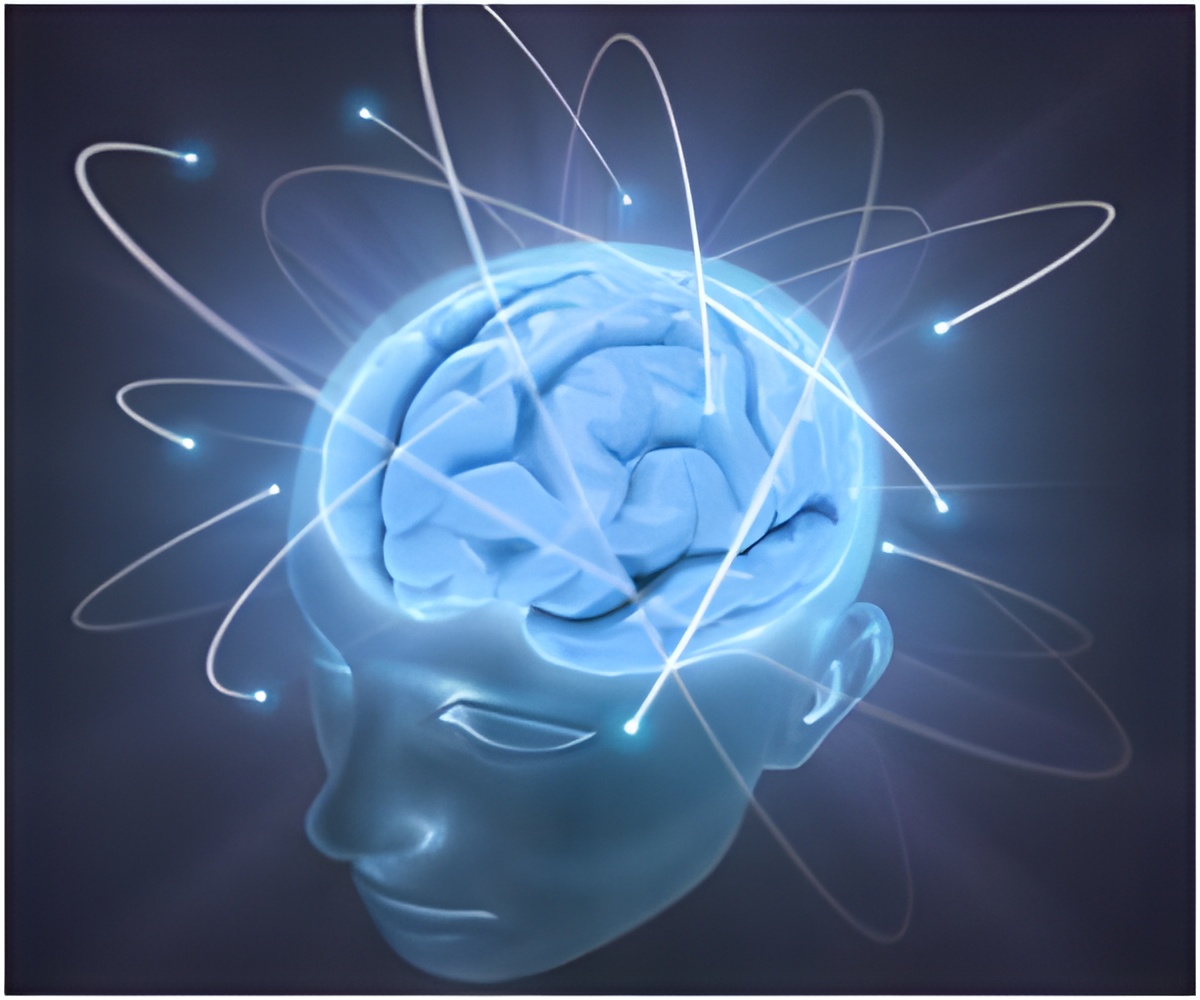Mental health conditions like anxiety and memory ailments such as dementia may be reversible by understanding how our brain cells talk.

TOP INSIGHT
Mental health conditions like anxiety and memory ailments such as dementia may be reversible by understanding how our brain cells communicate at their synapses.
Synaptic Tag in Brain Communication
Studies have found that the RNA can have a specific group called methyl group/molecule being added to one of the RNA bases which ‘marks’ the RNA message. This may influence proteins binding to DNA or RNA and consequently stop proteins from being produced.
The new study using advanced microscopy shows that RNA marking can be reversed at synapses and this may act as a ‘synaptic tag’. These findings remain a major step in identifying new treatments for neurological and psychiatric conditions.
“In this new study, we are able to gain a new understanding of the genomic mechanisms which regulate how nerve cells communicate at synapses. These genomic mechanisms involve methyl groups being put on RNA messages and importantly taken off when a synapse is active. The implications are very important for normal brain function but also for reversible psychiatric mental conditions such as anxiety and addiction disorders and early-stage neurodegenerative diseases such as dementias,” says Dr. Helen Miranda Knight, the School of Life Sciences at the University of Nottingham, who led the study.
 MEDINDIA
MEDINDIA




 Email
Email










